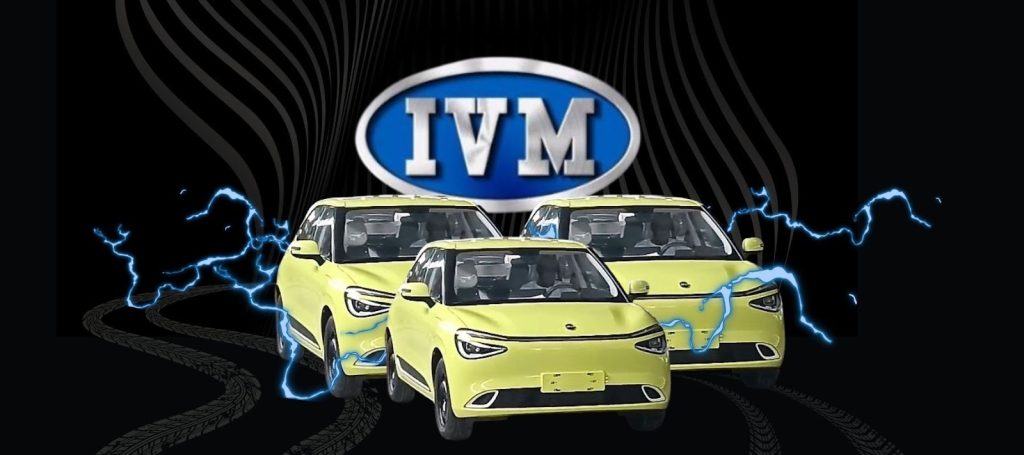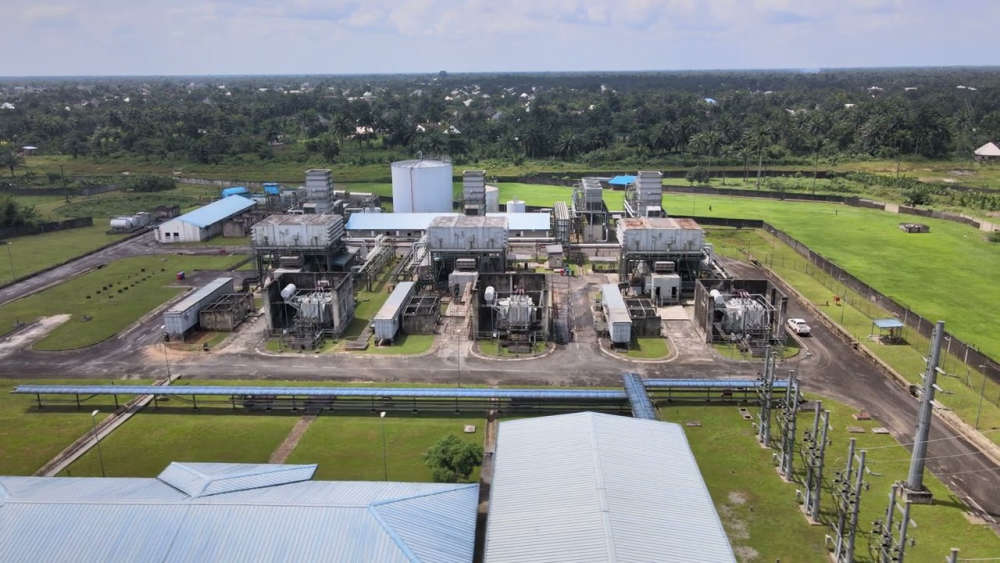Discover the inspiring story of Innoson, Nigeria’s first indigenous car manufacturer, and how it’s changing the face of African automotive history.

You’d be inaccurate to tag Innoson Vehicle Manufacturing (IVM) as just a car company. Instead, it’s a quiet green-white-green revolution on four wheels. In a country long dependent on imported goods, where “made in Nigeria” was once met with skepticism, one man dared to dream bigger. That man was Innocent Ifediaso Chukwuma.
Today, when you see a bright orange IVM bus weaving through city traffic or a sleek sedan with that Innoson badge on the streets of Abuja or Enugu, you’re looking at history in motion. You’re seeing what happens when Nigerian never-say-die attitude meets opportunity. IVM has transformed from a spare parts business into Nigeria’s first indigenous car manufacturer, challenging the status quo and redefining the automotive industry.
From Spare Parts to Full Assembly
Before Innoson became a household name, Chief Innocent Chukwuma had already made a name for himself in the auto spare parts business. He founded Innoson Nigeria Limited in the 1980s. It started as a modest import and trading company in the bustling markets of Nnewi, Anambra State, often called the “Japan of Africa” because of its vibrant manufacturing spirit.
The business flourished. But as time passed, Chukwuma began asking a question few dared to entertain: why couldn’t we make the vehicles ourselves? After all, the parts were being sourced and sold locally. What stopped Nigeria from going one step further?
In 2007, he found his answer. With the establishment of Innoson Vehicle Manufacturing Company, Nigeria officially had its own indigenous car manufacturer.
Innoson Vehicles vs Imported Options
The first significant distinction between Innoson vehicles and our imported vehicles was that they were designed for us. They were made for the bad roads, for the fuel conditions and the everyday Nigerian hustle. IVM’s initial lineup included buses, vans, and trucks that quickly caught on with commercial operators and government agencies.
One of the most talked-about advantages? Price. Innoson vehicles were significantly cheaper than their imported counterparts. Parts were readily available. Repairs didn’t require special diagnostic tools or imported mechanics. For once, car ownership and fleet expansion became a little less intimidating for small businesses and public institutions.
But IVM didn’t stop at affordability. They kept innovating. By 2014, they were assembling sedans and SUVs at scale. A few years later, they stunned many by unveiling Nigeria’s first locally produced electric vehicle. Yes, you read that right; a locally produced EV from the town of Umudim, Nnewi.
Innoson Electric Car || Inside The Production Factory in Nnewi Anambra state, Nigeria
The Inspiring Local Champion

There’s a certain nostalgia that Innoson evokes for Nigerians who grew up seeing foreign brands dominate the market. Peugeot, Volkswagen, Toyota amongst others were status symbols. They represented sophistication, modernity, and in a way, a connection to the outside world.
Innoson flipped that script.
It gave Nigerians something else: a reason to believe in themselves.
Here was a company producing over 70% of its car components locally, creating jobs, and developing a value chain. More importantly, they achieved all these without begging for validation from the West. This wasn’t just a car; it was a cultural statement.
Even government officials began to take notice. The Nigerian Army, Police, and various state governments began purchasing fleets from IVM. The company’s vehicles were increasingly used for mass transit schemes, government operations, and even official convoys.
Tough Roads, Tougher Spirit
Although the prospects are promising, it hasn’t all been smooth driving.
Innoson has faced several challenges over the years; ranging from currency fluctuations to importation hurdles for raw materials, to legal battles with financial institutions. The most publicized was the long-running dispute with GTBank, which Innoson claimed had overcharged on loan facilities. It became a national conversation, sparking debates on how financial systems treat indigenous businesses.
Despite these roadblocks, the company stayed on course. Innoson continued to build, hire, and expand. Its plant capacity grew to over 10,000 vehicles per year, to 60,000 units. And with each passing year, public support for the brand increased.
Innoson Today: A Vision Still in Motion
As of 2025, Innoson is still pushing boundaries.
The company has signed MoUs with several African countries to establish assembly plants across the continent. They are also investing in electric mobility, recently partnering with Nigerian universities to develop battery technologies and promote STEM education.
There’s a certain poetry in that: a company born from the local spare parts market now helping young Nigerians build the future of automotive engineering.
And the man behind it all? Chief Innocent Chukwuma, now a national icon, has received numerous awards and honors. Yet, he remains grounded. In interviews, he still speaks of his mission: to reduce Nigeria’s dependency on imports, create jobs, and prove that Africans can build for Africa.
So… Would You Drive an Innoson?

There was a time when the answer to that question might have been met with a smirk.
Today? It’s different. Nigerians are increasingly proud to support the brand. Young professionals now see the IVM G5 or Umu sedan as a smart buy. Transport companies are switching to Innoson buses. Even the logo — with its confident, upward-pointing triangle — is slowly becoming a symbol of national pride.
Like Indomie noodles or Gala sausage rolls, Innoson may soon become one of those iconic Nigerian stories we all grew up with.
Innoson’s Bigger Message
Beyond the cars and buses, Innoson tells a bigger story. One that’s about self-belief. About challenging the odds. About choosing not to wait for external solutions but building local ones with grit and patience.
When people ask why Innoson matters, the answer is simple:
It proves that Nigeria can manufacture, innovate, and compete, not just consume.
And maybe, just maybe that’s the biggest gear shift of all.












